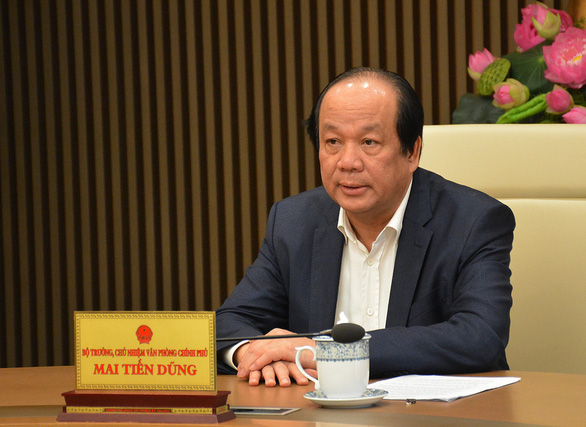Vietnam has yet to decide whether to continue enforcing social distancing after it expires in the middle of this month despite the measure having helped slow the infection rate of novel coronavirus disease (COVID-19), according to the Government Office.
The country started practicing enhanced social distancing on April 1 that will linger until the end of April 15, following a directive given by Prime Minister Nguyen Xuan Phuc.
Stores and entertainment forms have been closed while citizens are asked to stay home except for truly necessary trips for food, medicine, and emergency care.
Restrictions are currently placed on inter-province travel against the context that checkpoints have been established around Hanoi and Ho Chi Minh City, the country’s COVID-19 epicenters, to screen entrants for illness signs.
Vietnam has recorded slower infection rates since last weekend, with only a few cases having been reported a day and the national tally reaching 251 confirmed patients. Merely 125 are active at the present time in a country of 96 million people.
But Prime Minister Phuc has still underscored that the country stands ready to cope with a second wave of infections, if any.
The prime minister has required that social distancing measures be strictly maintained from now until at least April 15, Mai Tien Dung, Minister-Chairman of the Government Office, told reporters on Wednesday.
The government will consider either relaxing the measures or keeping them after this date, depending on the development of the COVID-19 pandemic then, Minister Dung added.
“We cannot stop the implementation of the directive if new infection clusters emerge on April 15,” the Government Office chief said.
“Then we’ll have to devise plans to timely deal with it.
“So now we cannot foretell whether we will extend the social distancing duration.”
Chairman Dung maintained that the directive is a primary and very important approach meant to keep a physical distance between people and people, and between communities and communities.
It is not simply a warning to stay home, he underlined.
“Although we still don’t need to declare a public health emergency, martial law, or a national lockdown, proper social distancing will prevent widespread community transmission and cross infection,” he explained.
Isolation can help detect early signs of a cluster or a new infected patient, which will lead to a swift response, the official asserted.
“I reckon that this social distancing is unprecendented but local authorities have cooperated in enforcing it,” he said.
Vietnam has confirmed 251 COVID-19 patients so far, with 126 having recovered, according to Ministry of Health figures.
No fatality in association with the disease has been reported in the country to date.
Hanoi and Ho Chi Minh City make up more than half of the total cases.
The country has carried out over 106,000 tests, while quarantining more than 74,600 people who returned from regions hit by the epidemic or had close contact with infected patients.
Like us on Facebook or follow us on Twitter to get the latest news about Vietnam!




















































